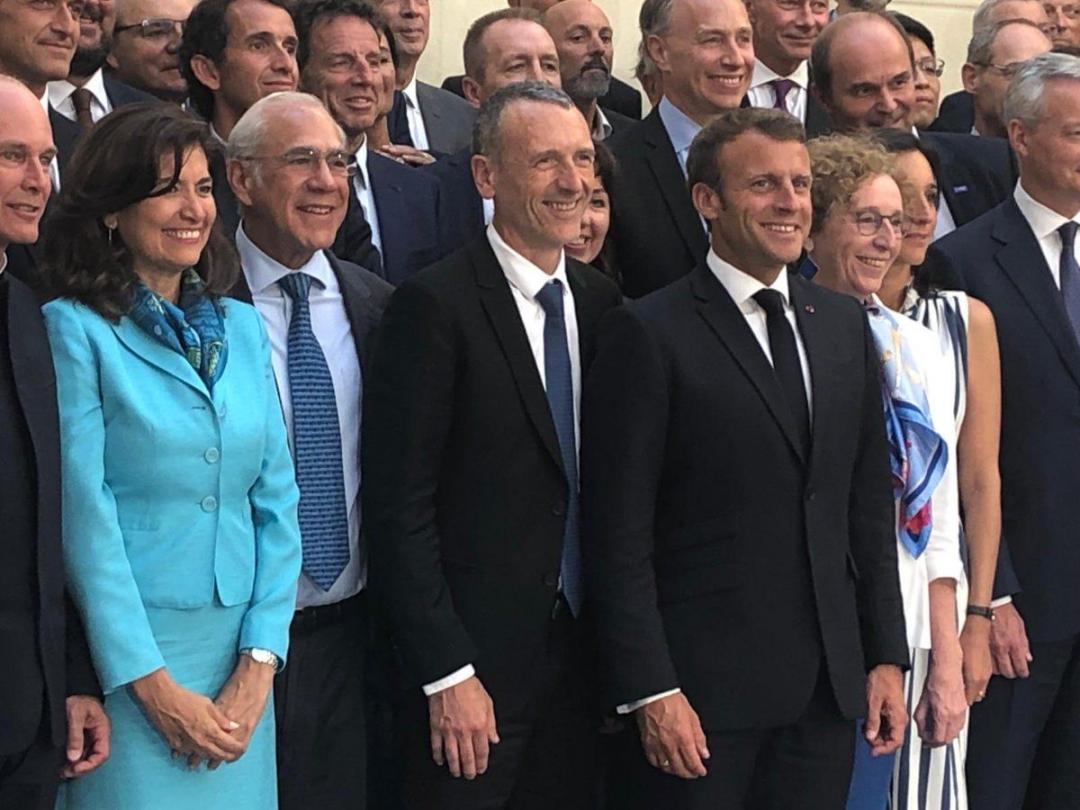Business for Inclusive Growth – Collaborating for impact
Hello Camille, could you briefly introduce yourself and Business for Inclusive Growth?
I am Camille Putois, the CEO of Business for Inclusive Growth. I joined the coalition last June after a career in the public and private sector. Business for Inclusive Growth was launched last year in connection with the G7 Summit in Biarritz, France. It is a coalition of forty major companies and organisations partnering with the OECD to fight inequalities of income and opportunities.
In your press release, published in May, you wrote that Covid-19 had deepened inequalities. Could you explain how and why?
OECD publications show that the most vulnerable people have been hit the hardest. Low-income workers often have precarious jobs and can’t work remotely. Women have been disproportionally hit, as they are more likely to work in precarious jobs than men. Also, it will be more difficult for young people to find jobs.
How have coalition members reacted to the crisis?
All member companies of the coalition have been impacted by the pandemic. They all had the same reaction: supporting their employees, customers, communities, and suppliers on all possible levels. Financial companies, for example, made loans and donations. Others provided equipment. Accenture, for example, has built a platform to connect companies which have to lay off employees with companies seeking to recruit.
Now, member companies are focusing on recovery. The coalition is working on inclusive restructuring, that is proactively identifying the roles and workers at risk of redundancy or evolution and designing targeted interventions for reskilling, work transition and career support. It is a collective responsibility.

How did they support smaller companies – especially companies with inclusive business models?
Several of our member companies have guidelines for inclusive sourcing. During the pandemic, all of them provided assistance to their suppliers. L’Oréal, for example, shortened the payment delays for their suppliers and froze the payments of clients like hairdressers until their businesses resume. Danone, too, has decided to support small and medium business partners. For global companies, there is a business case in maintaining supply chains, but they are also responsible for their suppliers.
Most coalition members are major companies. How can smaller companies be part of the solution?
Of course, global companies have more responsibility, but any company can advance inclusive growth. If you are not inclusive today, you will run into problems with your customers, employees and investors. We know that responsible conduct is not always easy. This is why the coalition will set guidelines and offer indicators to help companies advance inclusive growth.
Do you expect any long-term consequences of Covid-19 on inclusive business?
The Covid-19 crisis has deepened the necessity to fight inequalities of income and opportunity. Like the Black Lives Matter movement, it has confirmed the importance of this mission.
Public-private collaboration, too, will continue to grow stronger – this is another consequence of the pandemic. Each member company is in contact with policy makers in the countries it operates in. The coalition itself is in contact with policy makers, too – both directly and through the OECD. The crisis created by the pandemic is huge and ongoing, so companies and governments have to collaborate to face it.
